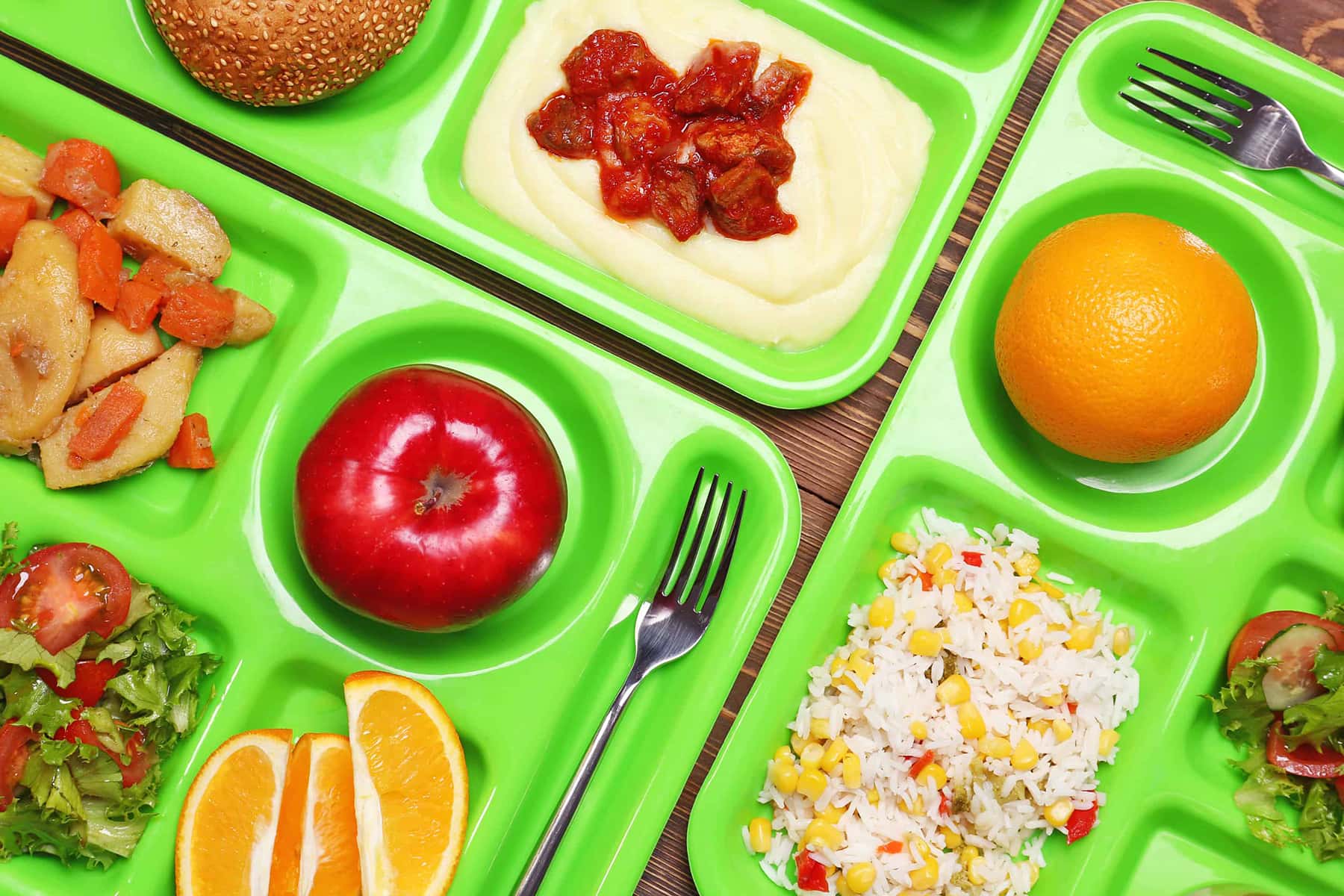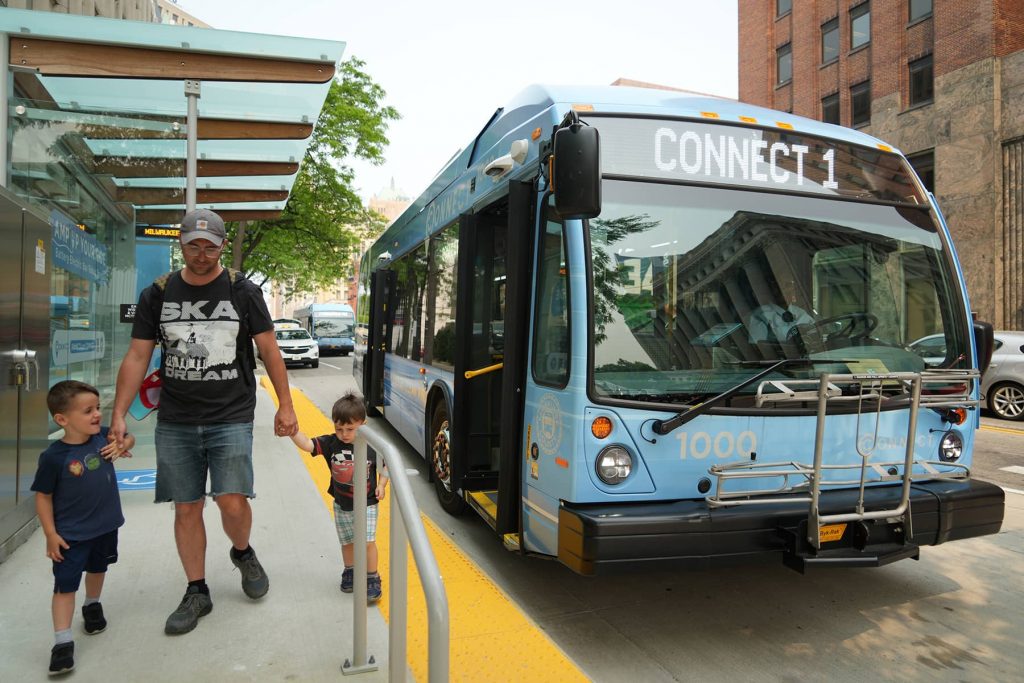
In a COVID-free world, more than 400,000 Wisconsin children receive free or reduced price meals through the National School Lunch Program while attending school.
To ensure that those same students continue to have access to nutritious meals while staying safer at home during the pandemic, the Wisconsin Department of Health Services is providing more than $140 million dollars in food benefits to their families for March, April, May and part of June – to cover the days that schools would usually be in session.
These funds were appropriated under the Families First Coronavirus Response Act and provided to states by the United States Department of Agriculture Food and Nutrition Service. The program is referred to as Pandemic Electronic Benefit Transfer or P-EBT because the benefits will be put on cards for families to use to purchase food at grocery stores or farmer’s markets, as available.
“Hunger has long term, detrimental effects on children’s development. Normally we can address the nutritional needs of our most vulnerable kids through working with food programs in schools, but the COVID-19 pandemic has disrupted those efforts,” said Jim Jones, Administrator of the Division of Medicaid Services that will be coordinating distribution of P-EBT benefits in Wisconsin. “Just like children are having to learn at home, they are also having to eat at home, and we know that without these resources, some families can’t make ends meet.”
DHS is reaching out to families eligible for the program through direct messaging and mailed letters to let them know how to access their funds. For families that are already part of benefit programs with the state, the funds will be placed on their QUEST cards or a dedicated P-EBT card. Families not currently participating in state benefit programs that are eligible will need to apply separately. DHS is partnering with the Department of Public Instruction to spread the word to those families.
The P-EBT benefits are separate from the emergency FoodShare allotments announced earlier this month. Also provided to assist families during the COVID-19 pandemic, the emergency allotments allow current FoodShare members in Wisconsin to receive the maximum monthly benefit amount for a household their size.
While P-EBT benefits are only for families with school-age children who were previously receiving free or reduced price school lunches, emergency allotments are available to all FoodShare households not receiving the monthly maximum amount.














